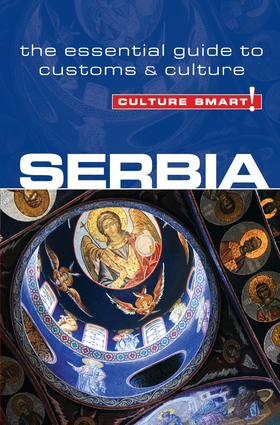Overview
Serbia, a landlocked country at the crossroads of Central and Southeastern Europe, covers the southern part of the Pannonian plain and the central part of the Balkans. The dominant power in the former Yugoslavia, it has had a bad press in the West. However, the truth is much more nuanced and interesting than that portrayed by the media. Serbia is a country with wonderful scenery, architectural riches, and a vibrant arts scene, waiting to be discovered by Westerners. Serbs are proud, passionate, and generous people with an independent streak. They have always had to fight for survival, first against the Ottoman Turks and then against the Habsburg Empire. Following the First World War, they took the lead in forming independent Yugoslavia. They resisted Hitler heroically. Under Tito’s rule Yugoslavia steered an independent course. After his death the multinational state disintegrated amid bitter conflict. The war over the secession of the province of Kosovo saw Serbia bombed by NATO forces for two and a half months. The Serbian people’s reaction to their hardline Communist regime was the Bulldozer Revolution—a campaign of civil resistance that returned the country to democracy in 2000. Against this turbulent backdrop, the visitor to Serbia needs to be well informed and sensitive to people’s feelings. Culture Smart! Serbia introduces you to a diverse, complex, and dynamic society. It offers background information on Serbian history and customs, and essential advice on what to expect and how to behave in different circumstances. If you show interest and respect, you will receive a warm welcome and lasting loyalty in return.
Author Biography
Lara Zmukic grew up in Montenegro and Serbia, trained as an economist, and graduated from the Novi Sad Faculty of Economics in northern Serbia. In 1997 she moved to Great Britain, where she met and married her husband. Today she is the managing director of a media company specializing in the production and post-production of video content for a varied range of blue-chip clients, including the BBC, CNN, and Xerox. She divides her time between London, Belgrade, and Montenegro, where she still has many family connections.


